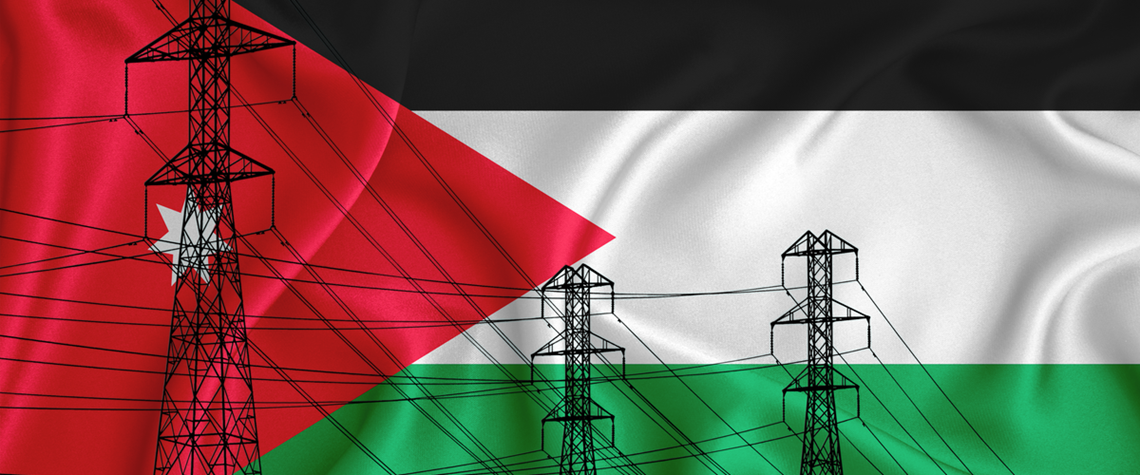Jordan eyes renewable power exports
As wind and solar power capacity have ramped up impressively, the government is mulling ways to maximise its returns
Jordanian energy minister Saleh Kharabsheh declared via state media in mid-November that the kingdom’s 2030 target for renewables’ share of the power generation mix had been lifted to 50pc from 30pc. The low-key announcement came days after an Australian mining company formally began exploring potential green hydrogen production in Jordan, and days before a landmark agreement envisaging exports of renewables-derived electricity to neighbouring Israel. Famously an oasis of peace in a conflict-riven region, Jordan is also historically dependent on hydrocarbon imports for over 90pc of its energy needs, with all the attendant insecurity and costs implied. Unsurprisingly, the kingdom moved early

Also in this section
9 January 2026
A shift in perspective is needed on the carbon challenge, the success of which will determine the speed and extent of emissions cuts and how industries adapt to the new environment
2 January 2026
This year may be a defining one for carbon capture, utilisation and storage in the US, despite the institutional uncertainty
23 December 2025
Legislative reform in Germany sets the stage for commercial carbon capture and transport at a national level, while the UK has already seen financial close on major CCS clusters
15 December 2025
Net zero is not the problem for the UK’s power system. The real issue is with an outdated market design in desperate need of modernisation







